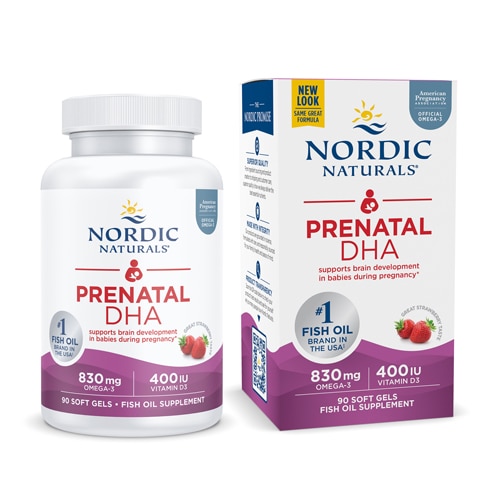Pregnancy is a time of joy for most women, as they prepare to bring a new life into the world. But some mothers-to-be also face the danger of gestational diabetes.
Gestational diabetes is a condition that develops when a woman is pregnant. As with other forms of diabetes, gestational diabetes negatively impacts the ability of cells to use sugar, or glucose.
When a woman is pregnant, the placenta produces high levels of certain hormones that prevent insulin from properly doing its job of moving glucose from the bloodstream and into the mother’s cells, where it is used as energy.
Because of this hampering affect, a woman's blood sugar levels can spike to a harmful degree.
Gestational diabetes typically develops late in a woman's pregnancy. Experts do not understand why some women develop gestational diabetes, and others do not. But several factors raise your risk for developing the condition, including:
- A family or personal history of gestational diabetes
- Being older than 25
- Carrying too much weight
- Belonging to a race other than Caucasian
Gestational diabetes impacts between 2 and 10 percent of pregnancies, according to the U.S. Centers for Disease Control and Prevention. https://www.cdc.gov/diabetes/basics/gestational.html
Fortunately, you can take steps to lower your risk of gestational diabetes, says Jessica Crandall Snyder, a registered dietitian, certified diabetes educator and founder of Vital RD.
“Sometimes, you're not always in control of diseases, such as gestational diabetes," she says. “So, you have to do what is right for you and baby at that time.”
Dangers associated with gestational diabetes
Gestational diabetes typically does not cause noticeable symptoms, but it does pose several different types of health risks.
For starters, women with gestational diabetes are more likely to give birth to large babies. “Nobody really wants to deliver a 10-pound or 9.8-pound baby, or even larger” Snyder says.
In addition, mothers with gestational diabetes are at increased risk of having a baby with hypoglycemia, or low blood sugar. Such babies may need to receive glucose intravenously to bring their blood sugar levels back up to normal.
In the long term, gestational diabetes poses its greatest risk to the mother’s health. About 50 percent of women with gestational diabetes go on to develop type 2 diabetes, according to the CDC.
“So, she’ll always have to be aware of checking her blood sugars and making sure she manages her preventive nutrition,” Snyder says.
Snyder says that may involve working with a registered dietitian who can help the mother manage her carbohydrate intake.
Lowering your risk of gestational diabetes
While there is no surefire way to prevent gestational diabetes, you can take several steps to significantly reduce your risk of being diagnosed with the condition.
“The biggest thing you can do is obtain a healthy body weight,” Snyder says. “If you are at a higher body weight during pregnancy, make sure that you’re not gaining excessively.”
Snyder says if your body mass index is above 35, your doctor may want you to restrict your weight gain from zero to 15 pounds during the rest of your pregnancy.
Also, Snyder says you can work with a dietitian to make sure your carbohydrate intake is appropriate during pregnancy.
“I always say it’s like the story of the three little bears: You don’t want to do too little, you don’t want to do too much – you want to do the right amount,” she says.
Snyder suggests trying to divide that 175 grams into three meals and one snack per day. She also suggests eating meals that are one-half vegetables, one-quarter protein and one quarter carbohydrates -- fruits, grains, starchy vegetables, sweets and dairy.
“It’s about balancing your carbohydrates out, so essentially your body can produce enough insulin to tvitaake the sugar out of the bloodstream,” Snyder says.
Also, activity is important unless your doctor has restricted you from doing too much for health reasons.
“If you can’t walk for 30 minutes all at once, (try) maybe breaking it up,” she says. “Maybe you do 10 minutes after every meal.”
She says such activity helps clear the stored form of glucose that is in your cells. Then, the next time you eat carbohydrates, “it actually gets out of your bloodstream and into the cells,” Snyder says.
Finally, drinking plenty of water during pregnancy also can help fend off gestational diabetes.
“Hydration is really important in pregnancy, but it’s also important for maintaining good blood-sugar control,” Snyder says. “If you’re dehydrated, your likelihood of your blood sugars being higher is significant.”




